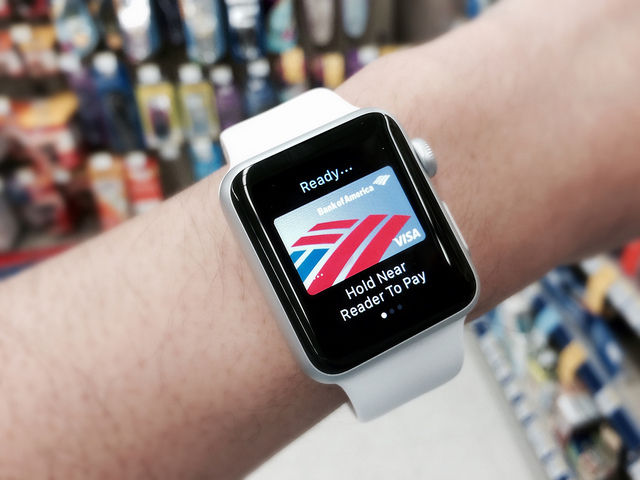
(credit: Richard Cabrera)
Hollywood as an industry may be excited about drones but the Southern California city of West Hollywood is not. Three months ago, an errant drone in West Hollywood crashed into some electrical wires, cutting one to the ground. The collision caused almost 700 residents to lose power for three hours, according to the Los Angeles Times.
Tuesday evening at West Hollywood’s city council meeting, city officials passed an ordinance (PDF) requiring every drone operator flying in the city to get a permit for their drone from city officials. (That’s in addition to the registration drone operators are now required to get from the Federal Aviation Authority (FAA).) The city said it would give each registered drone a sticker with an identification number which must be clearly visible on the drone from the ground.
In addition to this, the ordinance requires that drone operators comply with FAA regulations by avoiding piloted aircraft, maintaining a line-of-sight view of the drone, and flying the drone no higher than 400 feet above the ground. In addition, drone pilots can’t fly their drones at night without explicit permission from the FAA, nor can they fly the drone within 25 feet of another person (excluding takeoff and landing).




